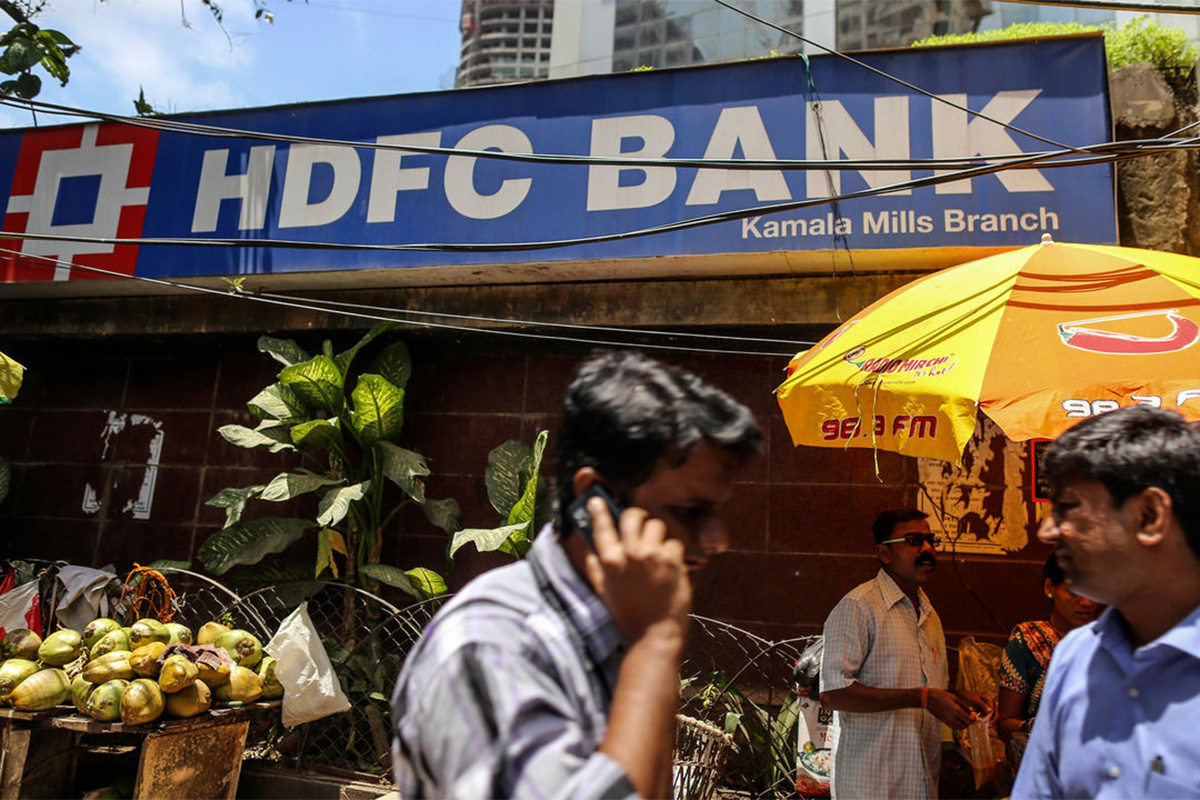The announcement of a merger between HDFC Bank and HDFC has led to the downside in the shares of the HDFC twins.
The shares of the two HDFC companies declined 17 per cent and 18 per cent, respectively, since the news of the merger, data showed.
Advertisement
Housing loan major Housing Development Finance Corporation (HDFC) on April 4 said its Board had approved the merger of its wholly-owned subsidiaries HDFC Investments and HDFC Holdings with HDFC Bank.
Upon the merger becoming effective, the subsidiaries or associates of HDFC will become subsidiaries or associates of HDFC Bank.
The rationale behind the merger was to create a large balance sheet and net worth that would allow a greater flow of credit into the economy, besides enabling the underwriting of larger ticket loans, including infrastructure loans.
HDFC Bank has a presence in more than 3,000 cities/towns through its 6,342 branches, with about 50 per cent of these branches in semi-urban/rural geographies in the country.
On the day when the merger was announced, the shares of both the companies rose sharply, rallying as high as 11-14 per cent in intra-day trade.
“…the weakness in HDFC twins after the merger announcements is due to sustained selling by FPIs and shorting by speculators exploiting the FPI positioning in the stocks,” said V.K. Vijayakumar, Chief Investment Strategist at Geojit Financial Services.
From the valuation perspective, HDFC twins are attractively valued and the short-term technical weakness notwithstanding said Vijayakumar.
“Amalgamation of HDFC Ltd into HDFC Bank is likely to impact the cost of funds of HDFC Bank as there is around Rs 2.8 trillion of debt in the balance sheet of HDFC Ltd. The cost of debt is lower than the cost of deposit of HDFC Bank. Therefore, investors are expecting the cost of funds of HDFC Bank to go up post-merger,” said Ajit Kabi, Banking Analyst at LKP Securities.
In the short-run, the stock can witness some pressure but in the long run, it is expected to outperform the sector, Kabi said.











